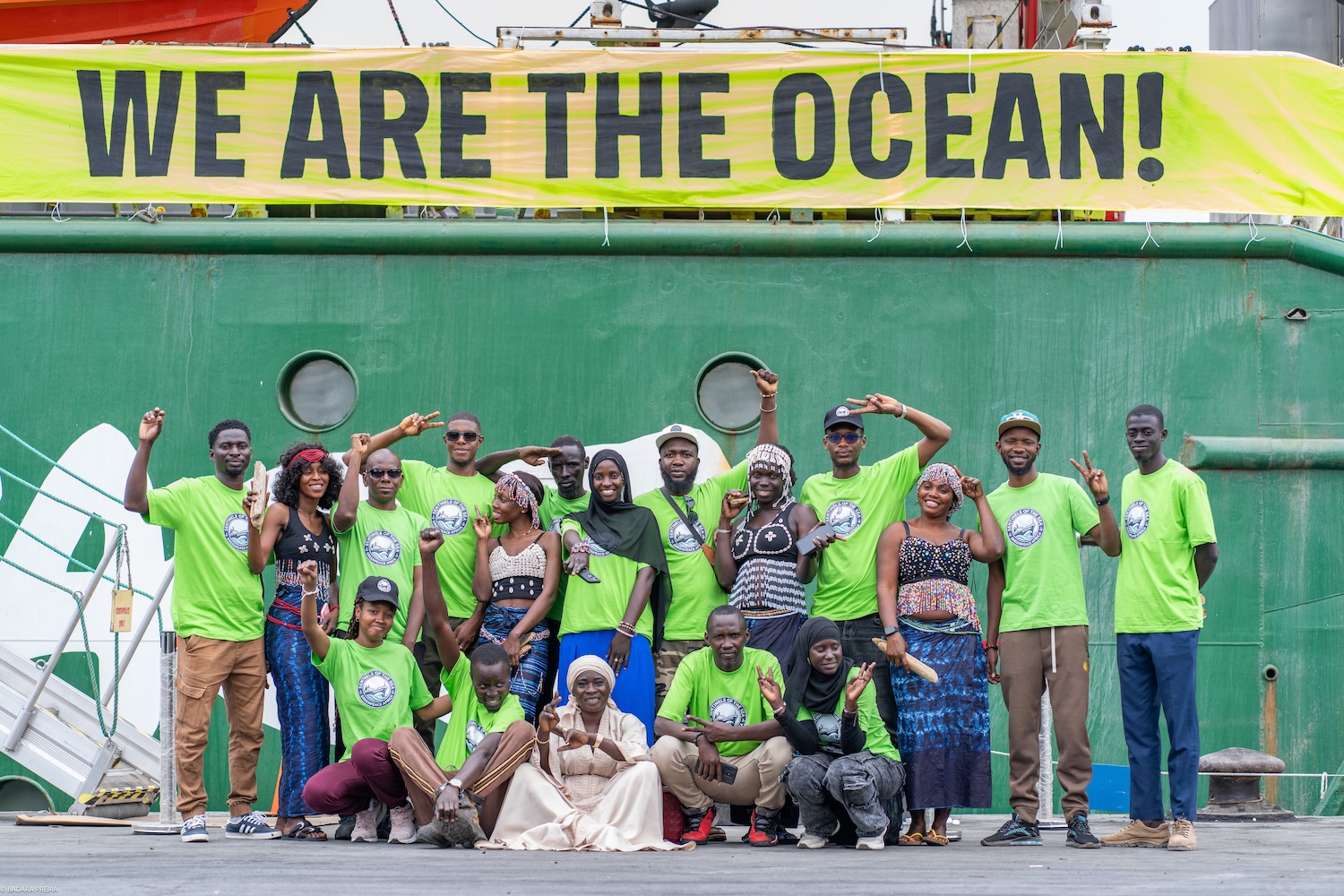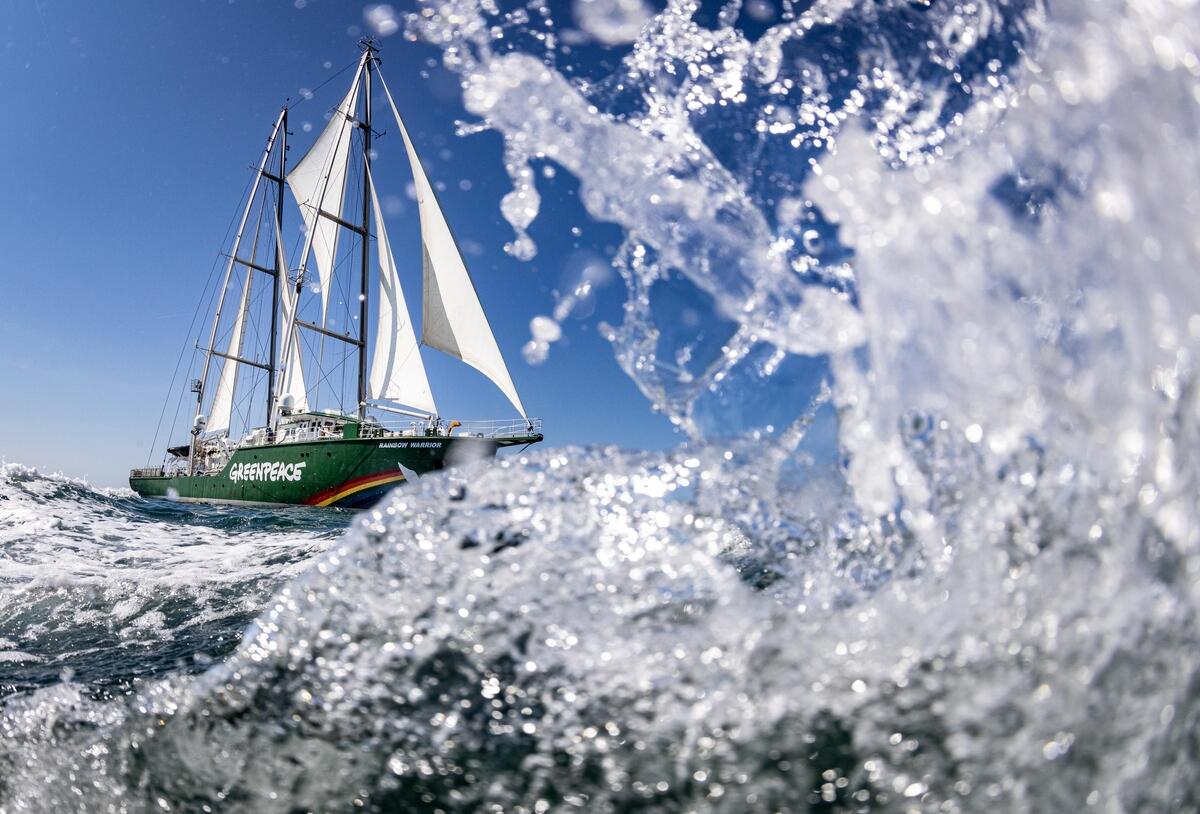The ocean is life. It feeds us, powers our climate, and sustains entire cultures across Africa. Yet more than half of it remains largely unprotected.
Enter the High Seas Treaty, officially known as the Agreement on the Conservation and Sustainable Use of Marine Biological Diversity of Areas Beyond National Jurisdiction (BBNJ Agreement). Adopted in June 2023, this landmark UN treaty offers a once-in-a-generation opportunity to safeguard the vast, lawless waters that cover nearly half the planet.
What are the high seas?
The high seas are ocean areas that lie beyond national jurisdictions. They make up about 64% of the global ocean (nearly half of Earth’s surface) and are home to some of the planet’s most ecologically vital ecosystems.
But here’s the problem: Less than 1% of the high seas are fully or highly protected.
These waters face mounting threats from overfishing, deep-sea mining, climate change, and pollution. They lack the global governance needed to protect them. That’s where the High Seas Treaty comes in.
What the treaty does
Once it enters into force, the High Seas Treaty will:
- Establish a legal framework and clear process for creating networks of marine protected areas in international waters – helping achieve the global goal of protecting 30% of the ocean by 2030.
- Require environmental impact assessments for high seas activities that could harm marine biodiversity, increasing global transparency and accountability.
- Ensure the fair and equitable sharing of benefits derived from marine genetic resources sourced from the high seas and seabed.
- Enhance capacity building and marine technology transfer to support implementation, especially in developing countries, backed by a dedicated funding mechanism.
The ultimate goal? Help the world reach the 30×30 target: protecting 30% of the ocean by 2030.
Why Africa should care
Africa has everything to gain from the High Seas Treaty, and even more to lose if this opportunity is missed.
- Over 200 million Africans depend on fish as a primary source of protein
- West Africa is a global hotspot for illegal, unregulated, and unreported (IUU) fishing
- Climate change could cause a 40% decline in the annual fish catch from some tropical marine fisheries by the 2050s
- The ocean powers economies, preserves cultural identity, and supports millions of livelihoods
The high seas are not “out of sight, out of mind.” What happens beyond our borders impacts African waters, food security, weather patterns, and people.
What needs to happen next
For Africa to benefit, the treaty must be ratified and implemented.
As of today, only three African countries (Seychelles, Mauritius, and Malawi) have ratified the treaty.
To bring it into force, 60 global ratifications are required. For a fair share, at least 17 should come from Africa. Every country’s voice matters.
This treaty is more than international law. It is a chance to protect what sustains us.



